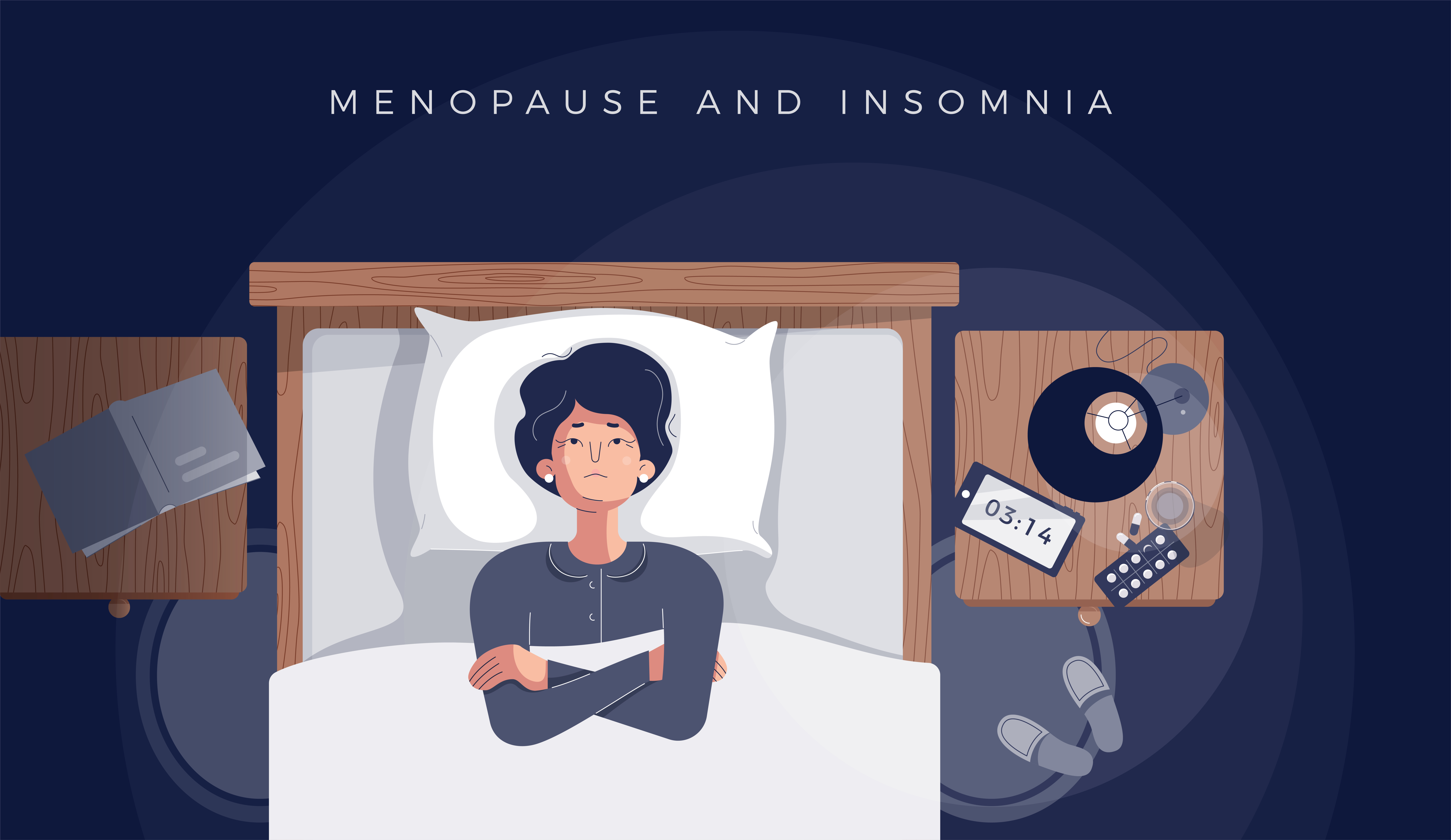
My Story
At 51 years old, I have a few rather annoying menopausal symptoms that I hear other women my age struggling with. Having worked in clinical practice since 2016, I have heard many women’s personal experiences of the menopause. Each story sharing both positive and negative outcomes to treatments, all with one thing in common – science has yet to grasp the mechanisms of menopause, and how best to treat each individual women. As a researcher, this is not a new topic in human body sciences.
Therefore, to turn to the evidence-based research (science) to inform my understanding of how I can improve my menopausal symptoms may not provide the support I’m looking for. When exploring menopausal symptom treatment choices of friends, family and patients, further confusion builds, and those of you who know me, I’m not going to read a persons blog! (The irony!). Consequently, that just leaves me – 1) my knowledge of anatomy, biomechanics, exercise, and nutrition, and 2) the experiences of living in this changing body.
Compared to other women, currently, I have few symptoms; fat gain, high stress levels, insomnia, and restless legs syndrome. However, each of the symptoms increases my risk of non-communicable diseases such as diabetes(1), coronary heart disease(2, 3), sedentary lifestyle(4), and cognitive decline (5).
Fat gain.
Monitored weekly using a Bodystat 1500 machine. At the time of writing this post, I’m currently at 37% body fat, my usual resting state 26% body fat. This fat gain has occurred over the last two years. My appetite has not increased and my diet remains healthy. I continue to walk the dog for up to 1 hour per day, albeit due to high stress levels my cycling (x3 wk), weight training (x2 wk) and yoga (x3 wk) has ceased (last 6 months). Why would high stress levels stop my exercise? (see below). Therefore, the increased fat gain is not about calorie increase/deficit paradigm. Intake of good fats are important for my hormone function – an important consideration during the menopause when there is a hormone reduction. But excess body fat (above 28%) increases my risk of diabetes, coronary heart disease, obesity, and a sedentary lifestyle.
High stress.
For clarity, there are two types of stress: distress and eustress. Distress is harmful to the body, eustress is growth for the body. For example, exercises causes eustress, worrying about my health causes distress. For 18 months, every moment of every day my body’s eustress and distress are being monitored. Within the last six months I have noticed the majority of my day is in a distressed state – which is not normal for me. When using previous successful tools to reduce my distress, they no longer work. Further new techniques and products for reducing distress also unsuccessful. Frustratingly, when more of my day is spent ‘distressed’ (and this can be going for a walk to relaxing with a good book) my body’s physiology gets burnt out and then lacks capacity to move – exercise specific or not.
Heat.
I would not describe this symptom as hot flashes/flushes. It’s an inability to keep my energy when in hot environments i.e., having the fire on in the living room, hot baths, heat packs etc. When exposed to ‘heat’ I feel exhaustion settling in to my muscles, and in parallel I observe my distress increasing. Yet, heat always had a nourishing feel to it – now the polar opposite (no pun intended!).
Insomnia & restless legs syndrome.
Possibly the worse menopausal symptom for me is insomnia and restless legs syndrome. Sleep deprivation adds further complexity to the previous symptoms i.e., fat gain, coronary heart disease, cognitive decline, increased distress, sedentary lifestyle, etc. Currently, I struggle to fall asleep because my brain feels ‘charged’ and I have restless legs, if I awake during the night I am unable to fall back to sleep due to restless legs. On average I sleep 3-4 hours per night, and have done so for 12 months.
My Plan.
The facts are; 1) I need improve good fats for hormonal health, 2) I need to identify what is causing my body to be distressed, even when resting (day/night), 3) I need to improve my sleep quantity to 4-5 hours per night, and to be able to reduce restless legs enabling me to fall asleep. Ultimately, if I make gains in any of these, I will have the capacity to exercise and reduce my current risks of the non-communicable diseases listed above (#DontWaitToBreak).
Next Blog post will reveal all. Wish me luck!
References:
(1) Zawada AE, Naskret D, Niedźwiecki P, Grzymisławski M, Zozulińska-Ziółkiewicz DA, Dobrowolska A. Excess body fat increases the accumulation of advanced glycation end products in the skin of patients with type 1 diabetes. Adv Clin Exp Med. 2020 Oct;29(10):1193-1199. doi: 10.17219/acem/126050. PMID: 33064379.
(2) Scholes S, Fat LN, Mindell JS. Trends in cardiovascular disease risk factors by BMI category among adults in England, 2003-2018. Obesity (Silver Spring). 2021 Aug;29(8):1347-1362. doi: 10.1002/oby.23184. Epub 2021 Jun 21. PMID: 34155827.
(3) Wirtz PH, von Känel R. Psychological Stress, Inflammation, and Coronary Heart Disease. Curr Cardiol Rep. 2017 Sep 20;19(11):111. doi: 10.1007/s11886-017-0919-x. PMID: 28932967.
(4) Lavie CJ, Ozemek C, Carbone S, Katzmarzyk PT, Blair SN. Sedentary Behavior, Exercise, and Cardiovascular Health. Circ Res. 2019 Mar;124(5):799-815. doi: 10.1161/CIRCRESAHA.118.312669. PMID: 30817262.
(5) Ma Y, Liang L, Zheng F, Shi L, Zhong B, Xie W. Association Between Sleep Duration and Cognitive Decline. JAMA Netw Open. 2020 Sep 1;3(9):e2013573. doi: 10.1001/jamanetworkopen.2020.13573. PMID: 32955572; PMCID: PMC7506513.
-
There are so many mechanisms involved in squatting, some of these mechanisms are fundamental to the human design, others blow off the cobwebs and allow us to keep moving safely and efficiently. Reducing squatting exposes the joints to premature aging; knees, hips, ankles, spine, and pelvis.
-
Thumb joint corrects foot pain! Seriously?
I know, crazy right? I must be mistaken? It has to be some kind of black magic? I'm pain-free because of some other factor? It must be psychosomatic?To be honest, I have heard it all now. What's important? My wrist is pain-free enabling me to get back to a normal life after 2 years of pain!



0 responses on "The Menopause"